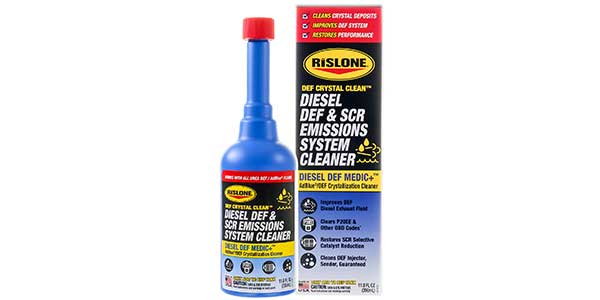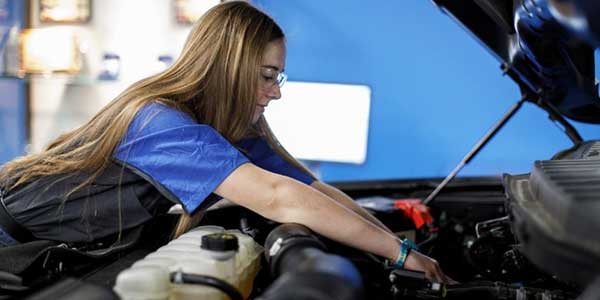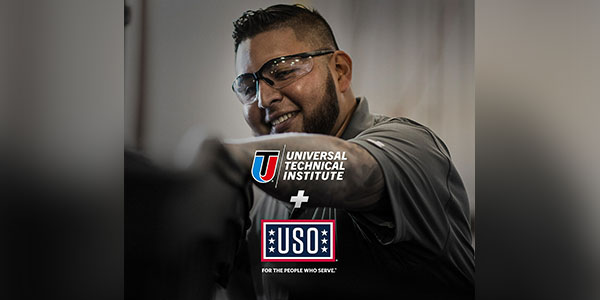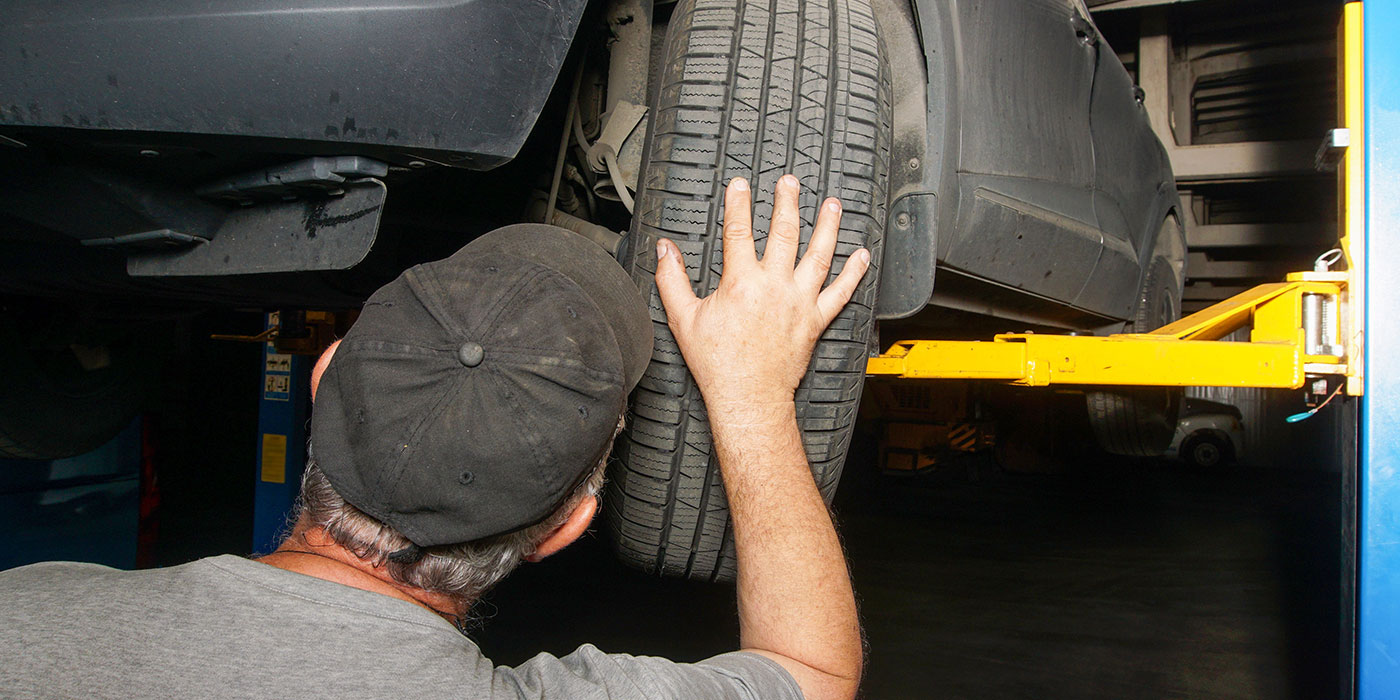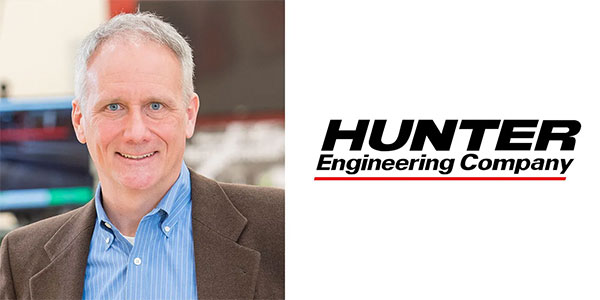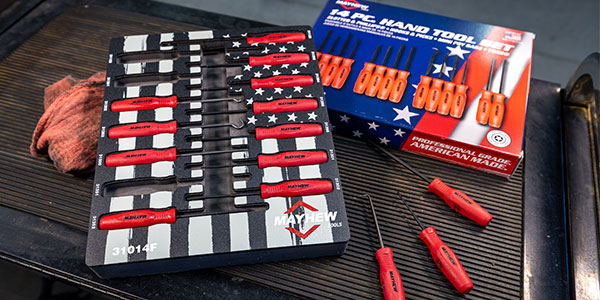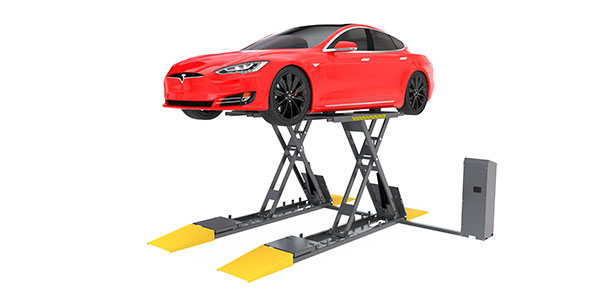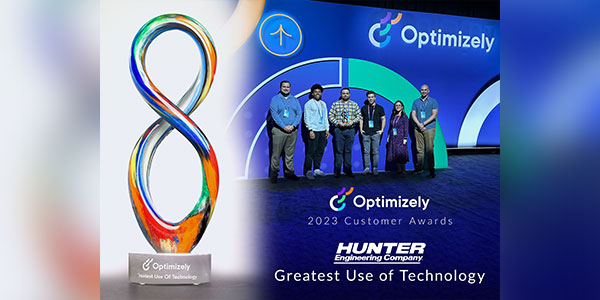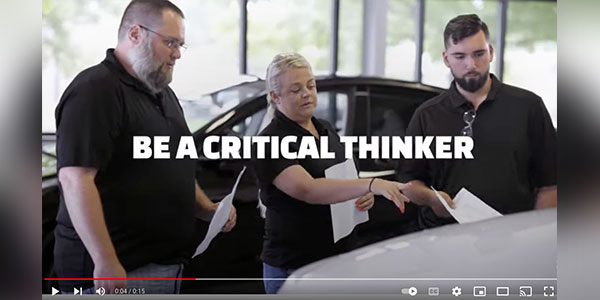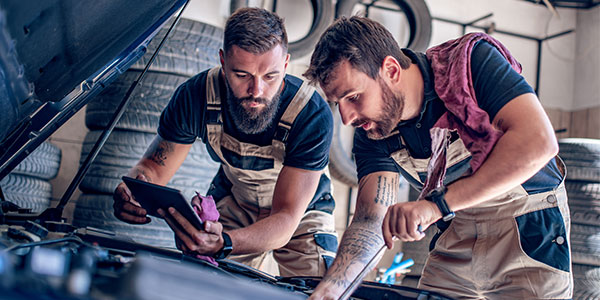I think most would agree that strong fixed operations are a critical component to the ultimate success of a dealership. But how do you make fixed operations an indispensable partner of the new and used car sales departments? It all starts with a culture that collectively sees the bigger picture of what the dealership is trying to accomplish. At McCarthy Chevrolet Lees Summit, we strive to service, repair and sell a large volume of vehicles in an efficient, transparent, convenient and profitable manner. This cannot be accomplished without teamwork and collective buy in from all departments.With nearly 50 percent of all total gross revenue in the fixed operations department being generated from internal work on used cars, it’s safe to say this is the most critical relationship. The used car department’s success is largely dependent upon the service department’s willingness to understand the main objective of the car dealership.
Our dealership is fortunate to have service, body shop and parts managers who teach our entire team that they must get vehicles through the shop efficiently, safely and profitably. When a team understands that the greater goal is to sell and service more cars, it helps to create a culture of working together for the good of the dealership and, ultimately, for the customer. We pride ourselves on delivering safe, reliable, no-apology, well-reconditioned pre-owned vehicles.
Making the Numbers Work
All dealers have a high demand for trade-in vehicles, but not all dealers are able to get a large percentage of them through the shop at a cost that makes sense. It’s important to have an internal reconditioning team who understands the end goal: executing service work in order to recondition a safe, no-apology used vehicle that is ready to sell without making it cost prohibitive to the used car department. If we trade for a 2008 Chevrolet worth $3,000 wholesale, we can’t spend another $3,000 in shop to get it ready to sell for $4,999 retail. The math just doesn’t work. Any time the sales team receives a reconditioning bill that seems high relative to the value of vehicle, we always ask:
• If it was your money, what would you fix?
• Is the repair critical to the safety of vehicle, or is it cosmetic?
• If you were selling this vehicle to a family member, what would you fix?
Our goal is to retail every possible trade in, but that’s easier said than done. The sales team needs to know if a traded-in vehicle is in below-average condition and will require major work in the foreseeable future. You also need a fixed team that can put their short-term gain aside and protect the dealership from a potential loss or CSI nightmare.
Finding Hidden Damage
All dealers fear selling a vehicle with undisclosed damage, making body shop inspections on auction purchases and trade-in vehicles incredibly important. Buying vehicles at auction can be tricky, but the risk can be largely mitigated with a strong post-sale body shop inspection process. Most auctions have an arbitration process that gives the body shop the opportunity to fix undisclosed damaged, helping the sales team to disclose any damage and reducing exposure. On average, we are arbitrating about 30 percent of all auction purchases, getting an average of $750 per claim. We spend that money in the body shop to correct the damage on the vehicle while disclosing all previous damage to the subsequent purchaser.
In 2017, our dealership sold 1,210 pre-owned vehicles, with an average internal service ticket of $1,263, totaling $1,528,575 in fixed sales. Our fixed ops department is an equitable partner with our sales team, sharing in the same goals to sell a quality, safe, dependable vehicle for a profit and to retain customers.
Ultimately, when the entire dealership participates in the profit of a sale, it allows every department to participate in solving customer concerns and creating loyalty and retention.
Click here to view more solutions from Chris Lee.




